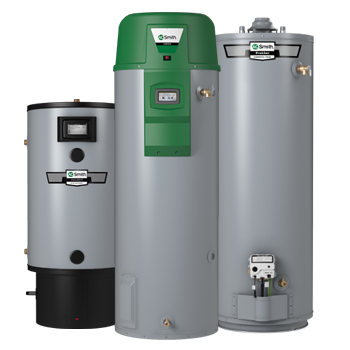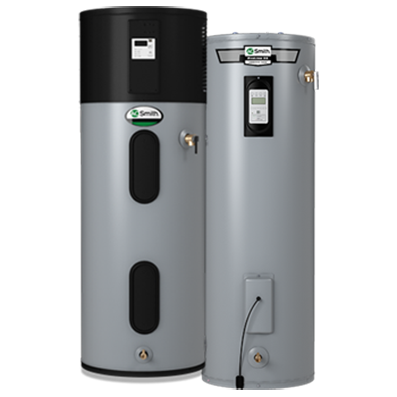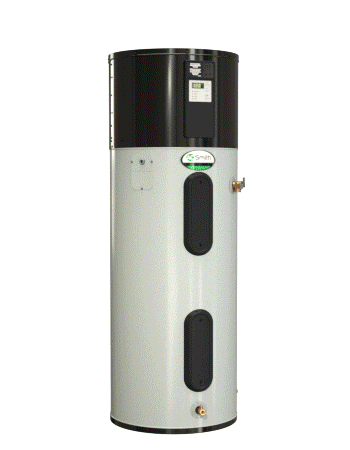Which Hot Water Heater is Best for You?

Gas Tank Water Heaters
Gas tank water heaters are a common type of water heating system that use natural gas or propane to heat and store hot water in a tank until it is needed. The basic design consists of a large cylindrical tank that is typically made of steel and is insulated to help retain heat. The tank is filled with water and a gas burner, which is located at the bottom of the tank, heats the water.
As the water heats up, it rises to the top of the tank and is drawn off through a hot water outlet pipe. Meanwhile, cold water is supplied to the bottom of the tank through a cold water inlet pipe. The tank is equipped with a temperature and pressure relief valve to prevent excessive pressure and temperature buildup.
Gas tank water heaters come in various sizes, ranging from 20 to 100 gallons, and the size required for a specific household depends on the number of occupants and the hot water demand. These systems are typically less expensive to purchase and install than other types of water heaters but are less energy-efficient due to standby heat loss, which occurs when heat escapes through the walls of the tank.

Electric Tank Water Heaters
Electric tank water heaters are a type of water heating system that use electricity to heat and store hot water in a tank until it is needed. The basic design consists of a large cylindrical tank that is typically made of steel and is insulated to help retain heat. The tank is filled with water and one or more electric heating elements, which are located at the bottom and/or top of the tank, heat the water.
As the water heats up, it rises to the top of the tank and is drawn off through a hot water outlet pipe. Cold water is supplied to the bottom of the tank through a cold water inlet pipe. The tank is equipped with a temperature and pressure relief valve to prevent excessive pressure and temperature buildup.
Electric tank water heaters come in various sizes, ranging from 20 to 120 gallons, and the size required for a specific household depends on the number of occupants and the hot water demand. These systems are typically more expensive to purchase and install than gas tank water heaters but are more energy-efficient since they do not suffer from standby heat loss. However, the cost of electricity can be higher than the cost of natural gas or propane, which can offset the savings from energy efficiency.

Hybrid / Heat Pump Water Heaters
Hybrid water heaters, also known as heat pump water heaters, are a type of water heating system that combine the benefits of electric tank water heaters with the efficiency of heat pumps. These systems use electricity to move heat from the surrounding air to heat the water in the tank.
A hybrid water heater consists of a large cylindrical tank, similar to those used in electric and gas tank water heaters, that is insulated to help retain heat. The tank is equipped with an electric heating element and a heat pump system that uses a fan and compressor to extract heat from the air outside and transfer it to the water in the tank.
As the water heats up, it rises to the top of the tank and is drawn off through a hot water outlet pipe. Cold water is supplied to the bottom of the tank through a cold water inlet pipe. The tank is equipped with a temperature and pressure relief valve to prevent excessive pressure and temperature buildup.
Hybrid water heaters are more energy-efficient than conventional electric tank water heaters since they use less electricity to heat the water. They can save up to 50% on energy costs compared to traditional electric tank water heaters. However, they are typically more expensive to purchase and install than gas or electric tank water heaters.
Hybrid water heaters range in capacity from 50 to 80 gallons.
Service Programs
Annual maintenance is a must. In addition to changing filter regularly your annual inspection and tune-up will improve reliability, save you money on the cost of major repairs, save you money by lowering your energy bills and extend the life of your equipment.
Call us today to learn more about our Service & Maintenance programs.
Call us for a FREE evaluation and Quote

















